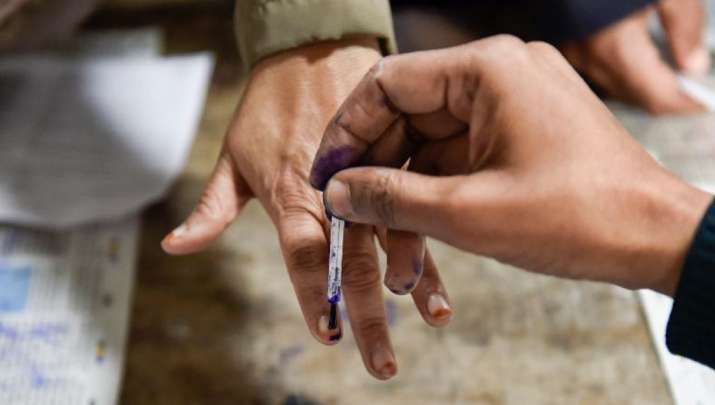
A plea has been filed before the Supreme Court seeking removal of the doubtful voter category from electoral rolls. The bench headed by CJI SA Bobde has issued notice.
The petition has been filed by several affected parties who were ‘arbitrarily’ marked as doubtful voters in 1997, without getting an opportunity to be heard. They had even filed a(Right to information (RTI) application at the Electoral Registration Officer (ERO) who responded that even though the Petitioners are marked as D-voters, no such records of putting the “D”-mark is available in the office.
The petitioners have stated that since the respondents have no documentation to justify their action of marking them as D-voters, that in itself makes it an arbitrary act and a violation of provisions of law and precedents. It is further stated that such arbitrary action is in continued violation of their rights under Articles 14 (right to equality), 19 (right to freedom), 21 (right to life and personal liberty), 325 and326 (adult suffrage) of the Constitution of India as well as their statutory rights under the Representation of the People Act (RP Act), 1950 and other laws in force, reported LiveLaw.
The petitioners state that under the RP Act creation of the category of “doubtful” or “dubious” voter is not provided for, and thus, it can be said that the category was created outside the legislative framework by the delegated authority of the Election Commission of India.
The petitioners highlight the provisions of the Representation of People Act that govern the process for getting included in electoral rolls. Section 23 of the Representation of People Act, prescribes the manner and lays down the prerequisites for inclusion in electoral rolls. Section 22 of the Act states that the ERO can amend, transpose or delete the entry “after proper verification of facts which includes giving reasonable opportunity to the person whose name is proposed to be deleted.
As per LiveLaw, the Petitioners have urged the Court to issue an order declaring that the process adopted by the Election Commission in marking “D” against their names on the electoral rolls, is arbitrary, illegal, and unconstitutional. They have also pleaded that their names be reinstated on the electoral rolls and the same be informed to the National Register of Citizens (NRC) authorities, and that they are compensated to the tune of Rs. 50,000 each for deprivation of their constitutional and statutory rights over the years.
The Doubtful voter
In 1997, more than 3 lakh people were marked as “doubtful voters” overnight, without any prior investigation. In the Sarbananda Sonowal, 2007 the Supreme Court had stressed upon the need of application of mind by the government before issuing such notices to people, who are to be declared ‘doubtful voter’ or D-voter. The court had said that a preliminary inquiry is warranted and the government cannot just act as a post office.
The result of the 1997 exercise of declaring D-voters has had long lasting implications which the next generation has had to bear the effects of. In its August 13, 2019 order the Supreme Court, following then NRC state co-ordinator’s recommendation, declared that even if one parent has been declared a D-voter, the descendant would, by that virtue, be left out of the final NRC list. And thus, the final NRC list was released by the end of that month. The D-voters who were declared so, are supposed to receive a notice from Foreigners Tribunals to prove their citizenship but even after decades, many of these D-voters are still disenfranchised with no opportunity to be heard.
The order may be read here.
Related:
Cong raises concerns about EVMs
NRC Reverification: SC responds to contempt petition, issues notice to Hitesh Dev Sarma
The EVM Conundrum: Concerns over EVMs not invalid, must be addressed